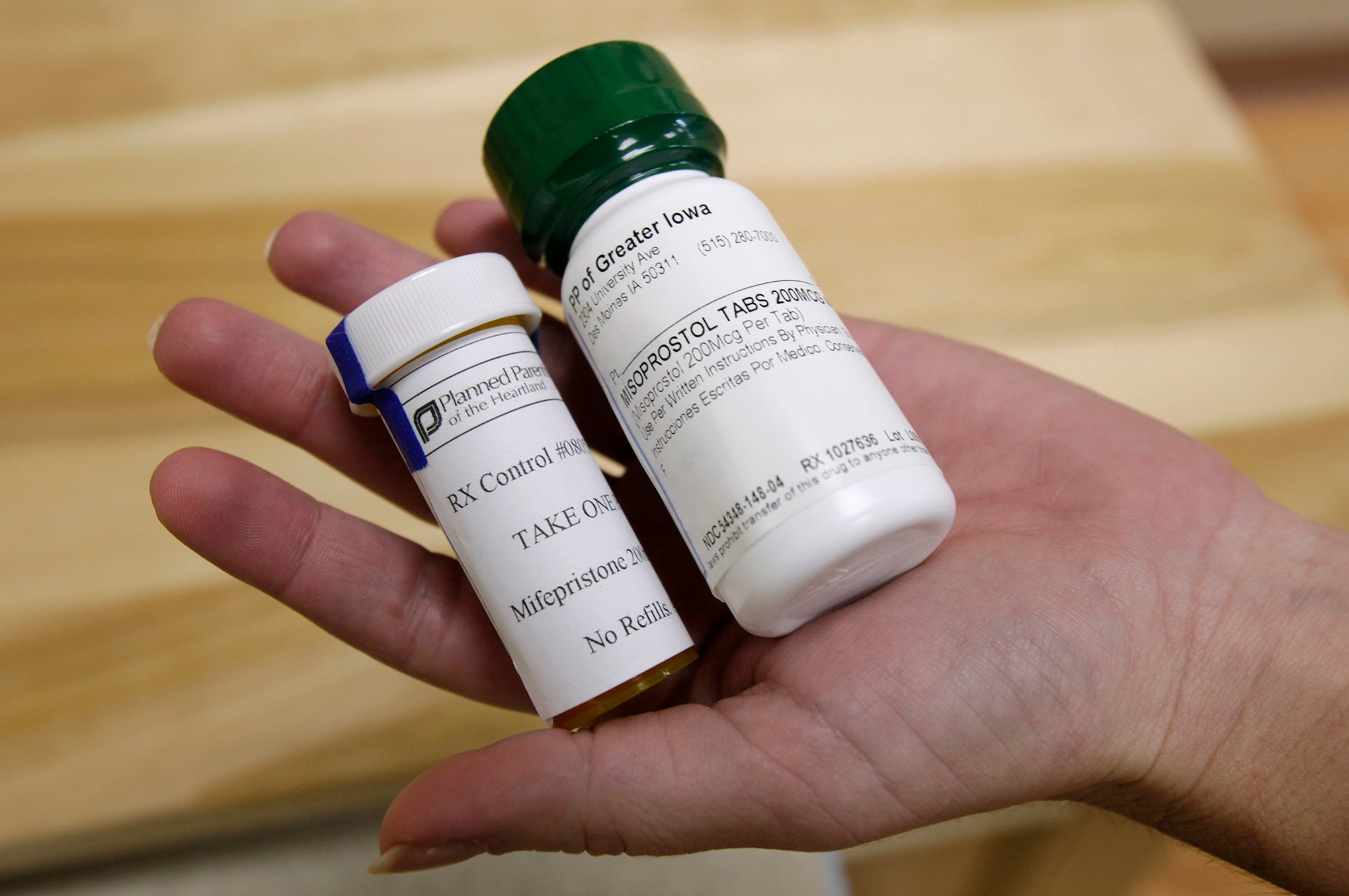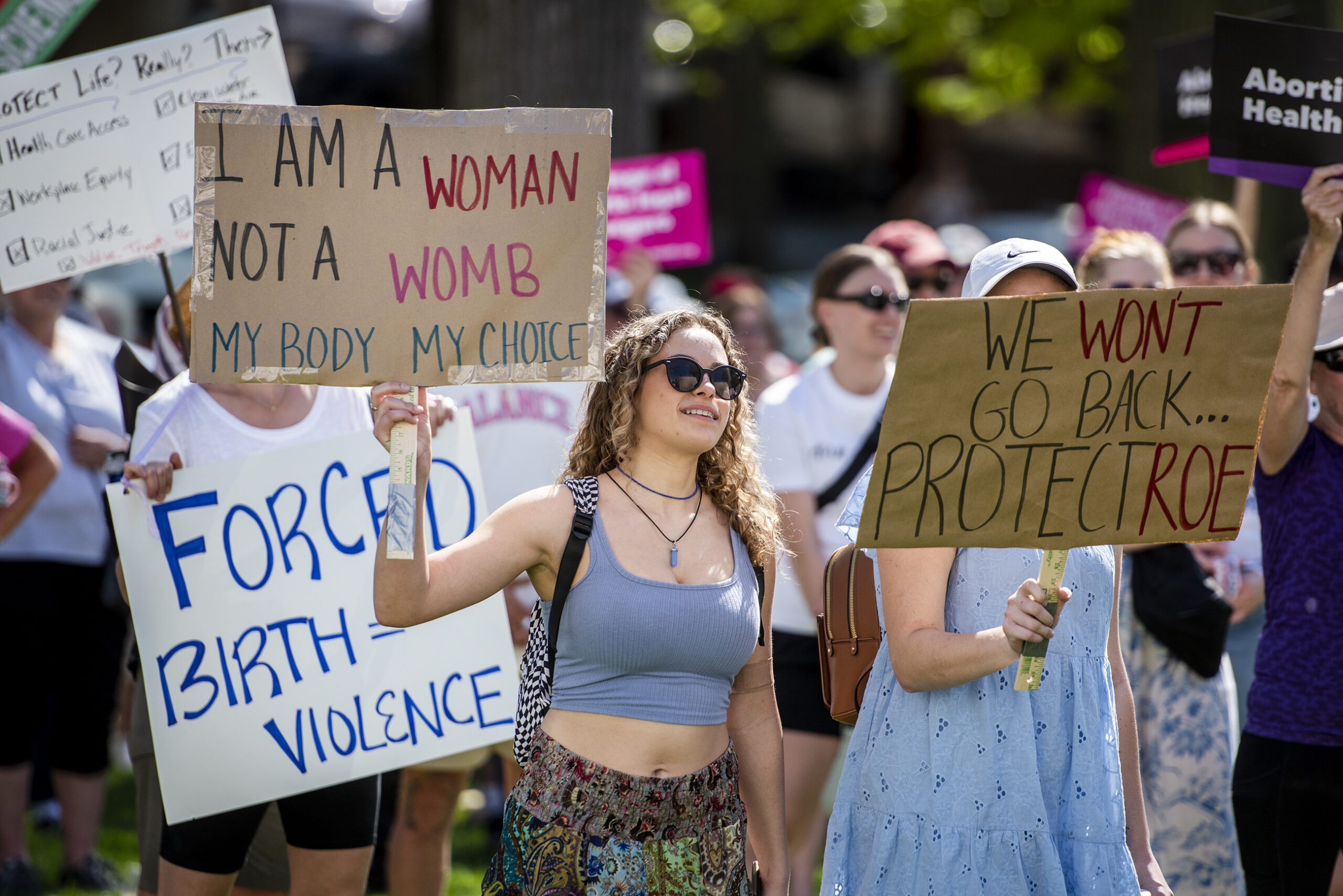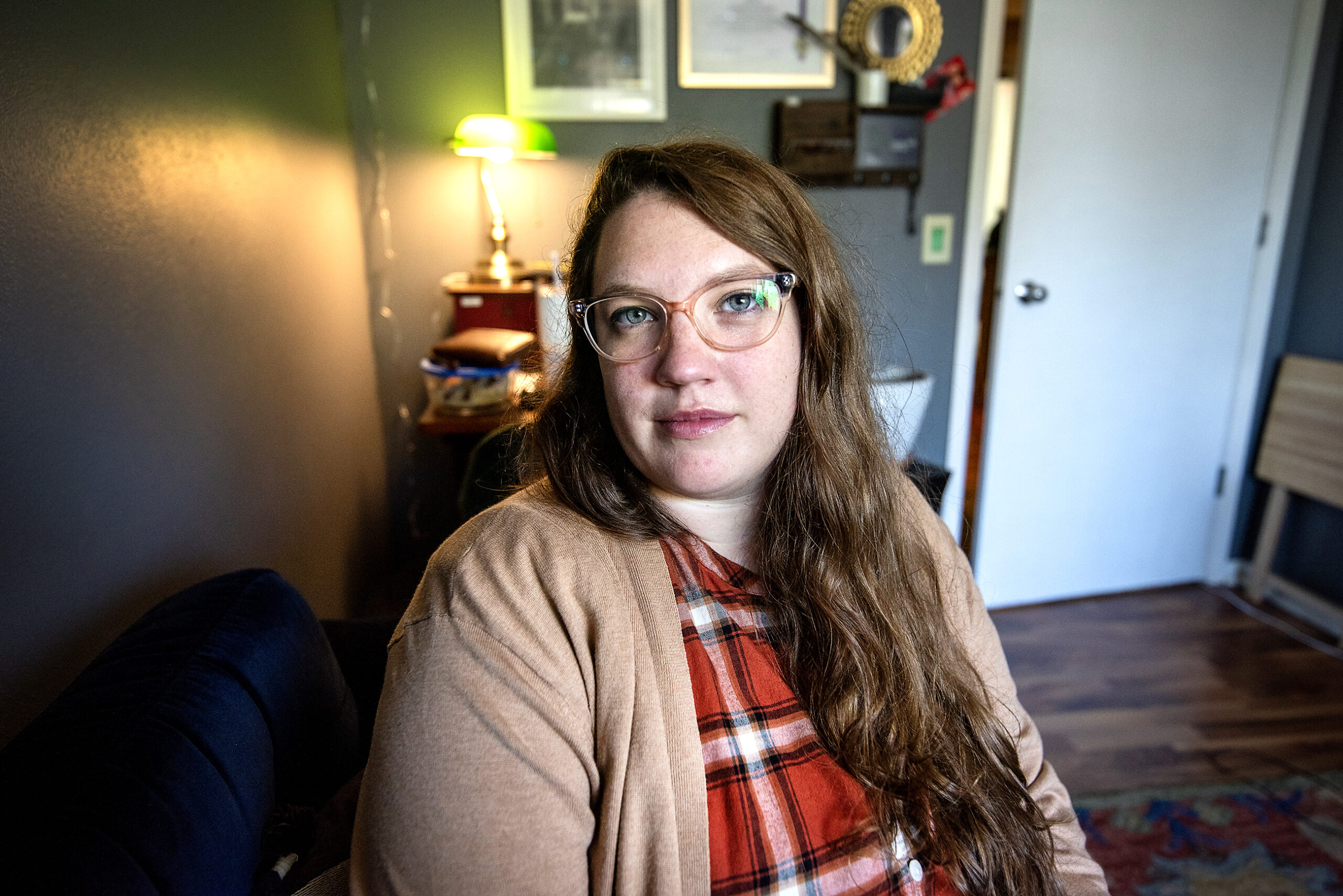Planned Parenthood of Wisconsin will begin offering vasectomy services this week. Demand for sterilization procedures has grown significantly since the U.S. Supreme Court decision that made virtually all abortions illegal in the state, according to health care professionals.
In order to meet the demand and broaden access to underserved communities, two doctors will perform vasectomies two days per month at Planned Parenthood’s Water St. Health Center in Milwaukee. Depending on how it goes, the program could be expanded to other parts of the state in the future, said Planned Parenthood of Wisconsin President and CEO Tanya Atkinson.
“Vasectomy is one of the many ways that people can take charge of their reproductive health and reproductive freedom,” Atkinson said.
Stay informed on the latest news
Sign up for WPR’s email newsletter.
Meghan Schaefer is a urologist at the Medical College of Wisconsin, and is one of the two doctors who will be performing the procedures. She said the idea to offer vasectomies at Planned Parenthood had been floating around for several years, but when a draft opinion by the Supreme Court was leaked last May, it became a top priority.
“For me personally, that really sort of renewed an urgency in terms of reproductive care,” she said. “Contraceptive care is the responsibility of more than just our OB-GYN colleagues.”
Demand for vasectomy high after Supreme Court decision
Dan Gralnek, a urologist at UW Health, said demand for sterilization procedures has been growing since last summer, when the court’s opinion officially came down.
“Whereas we used to just do a few here and there, it’s like almost every time we’re in clinic, we are doing three to six on a regular day,” he said.
In the several years before the court’s decision, there were usually 50 to 60 people waiting for a vasectomy from UW Health, Gralnek said. By the end of last summer, it was closer to 150. Now, the list is almost 400 people long.
A few doctors have even cleared their schedules in order to devote full days to vasectomy procedures, said Gralnek.
Bryan Webster, a family physician at Wildwood Clinic in Madison, said he has also seen a rise in demand he believes is tied to the court’s decision.
“People are afraid that they won’t have access to reproductive care they need in the event they have an unintended pregnancy,” he said. “And so with the vasectomy being near 100 percent effective, I think that people are looking for that reassurance.”
For Webster, vasectomy is more than just a medical procedure — it’s an act of social justice.
“In our society, women still bear most of the brunt of contraception in a relationship,” he said. “It’s kind of the least a guy can do, I think, is kind of step up once the family is complete, and kind of take care of the contraception for the rest of the relationship.”
Webster uses a no-scalpel technique for the procedure which has a lower risk of bleeding and chronic pain, he said. It is performed while the patient is awake and usually takes about 15 minutes, he said. Patients can go home immediately afterward, and recovery takes just a couple of days.
While many vasectomies are reversible, Webster advises patients that they should consider the procedure permanent. Reversal is more complicated, he said, and often not covered by insurance.
OB-GYNs see rise in demand for female sterilization procedures
For some of Webster’s patients, vasectomy is an appealing option because it’s generally less complicated and risky than a tubal ligation, or sterilization procedure for females. Still, doctors have seen increased demand for that procedure as well.
UW Health OB-GYN Laura Jacques said after the leaked opinion, she began to notice one or two patients per day would come to her requesting sterilization. Before that, it was one or two per month, she said.
And there was another noticeable change.
“Many of the patients that I was seeing were people who had never been pregnant,” she said.
Abigail Cutler, an OB-GYN at UW Health, has seen similar trends. Many patients cite the Supreme Court ruling as a major factor in their decision, she said. It’s a legitimate reason, but one she said she wishes people didn’t need to consider.
“There are lots of reasons why someone might want to pursue sterilization, but fear of not being able to access comprehensive reproductive health care should they become pregnant and need an abortion should not be one of them,” she said.
Disclosure: Wildwood Clinic is a WPR business sponsor.
Wisconsin Public Radio, © Copyright 2025, Board of Regents of the University of Wisconsin System and Wisconsin Educational Communications Board.





